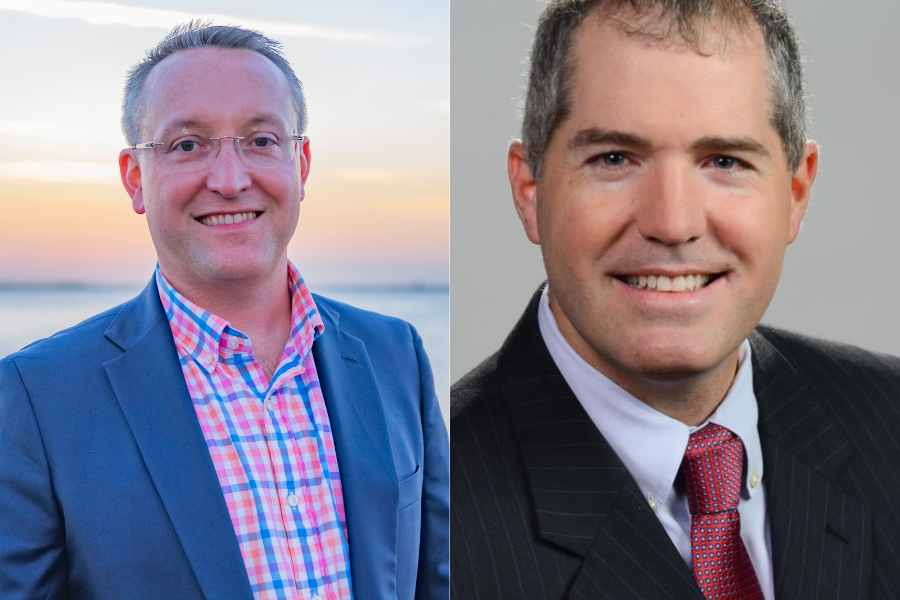Following the money is getting harder for 401(k) plan advisers and sponsors

The trend will likely further fuel industry consolidation.
It’s interesting that transparency and the seemingly unquenchable desire for lower fees among 401(k) and 403(b) plan sponsors have driven some providers to find new ways to fund their services. But the consequences of these actions could fuel consolidation across the board and set up a tug of war between record keepers and advisers..
In case you have not heard, Empower Retirement has made a bold play to fund its new small-market product, Empower Select, by eliciting significant payments from about 12 defined-contribution-investment-only partners, or DCIOs, which makes its product and the funds available appear very inexpensive using clean shares.
You might ask, “What’s the harm? Plan sponsors get what they want — lower fees — and advisers get what they want – clean shares.”
And there may not be any harm but, as with any action, there are consequences.
DCIOs are getting hit up from multiple fronts. Some record keepers, like Empower, are demanding higher payments for shelf space and more are sure to follow. Some aggregators and larger plan advisory firms are demanding greater support while negotiating lower fees for existing strategies using custom collective investment trusts. Target-date-fund providers are negotiating better terms for money managers’ participation — if in fact they allow nonproprietary funds at all. And the lemming-like move to more use of index strategies is putting active managers in a tough spot while hurting profits overall. Never mind the dilemma faced by asset managers that do not have viable qualified default investment alternative options.
But DCIOs have learned that the DC and retirement market is not one they can afford to exit, even though it may seem to be less attractive or profitable.
What Are the Consequences?
The rich will keep getting richer, meaning larger record keepers will be able to extract larger payments from DCIOs at the expense of smaller ones. The question is no longer which of the 20 to 25 national record keepers in the adviser-sold market can survive. The question is which parties at the big table are able and can continue to invest in technology and distribution at a scale that others cannot, fueling provider consolidation.
Advisers may be driven to join aggregators and larger groups that either can get DCIO support from a dwindling pool of money or those that have figured out how to survive without it, which is a much healthier and conflict-free situation.
Smaller practices and generalist broker-dealers will have a harder time getting provider support while the cultivation of new advisers will be inhibited. Perhaps multiple employer plans will lessen the consequences by enabling advisers to efficiently manage more plans.
(More: Are 401(k) adviser aggregators the new ‘wirehouses’ for elite retirement plan advisers?)
What’s the Harm?
Perhaps consolidation is healthy, as it was for the airline industry. It was probably inevitable that DCIOs, the group with the highest margins and least power, would eventually take a hit. But consolidation means less choice, less competition and perhaps less need to innovate.
These “behind the scenes” payments to record keepers make it harder for fiduciaries — both advisers and plan sponsors — to know the true cost of running their plan, which is their duty. It may also mean that the funds that are available were put on the shelf not because they are best in class but because they were willing and able to pay.
All of which may just be part of the maturing of the DC industry. But it also sets up a potential conflict between aggregators and larger groups with record keepers either over who gets the lion’s share of the “behind the scenes” support or whether the situation creates unhealthy conflicts of interest.
(More: Here’s how the 401(k) world will evolve over the next three years)
Fred Barstein is the founder and CEO of The Retirement Advisor University and The Plan Sponsor University. He is also a contributing editor for InvestmentNews’ Retirement Plan Adviser newsletter.
Learn more about reprints and licensing for this article.








